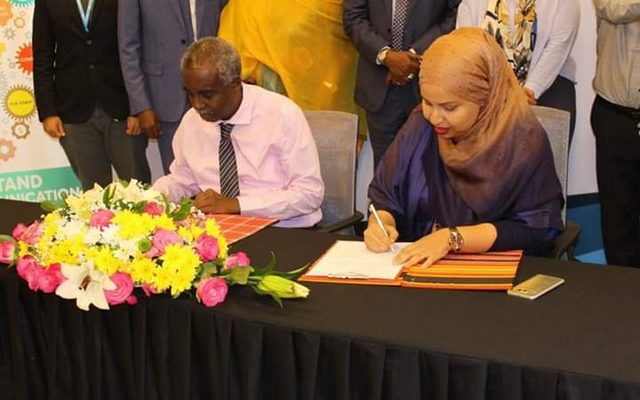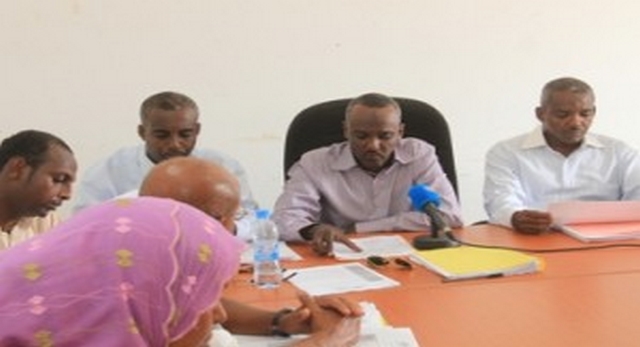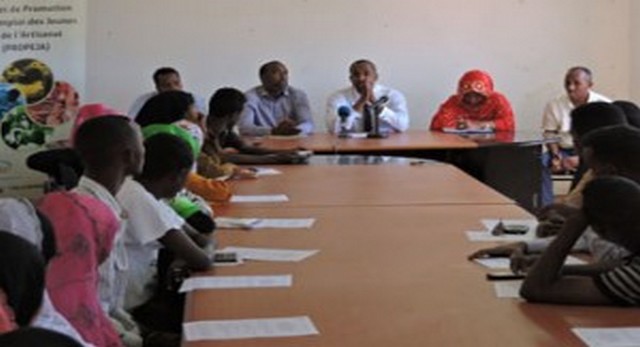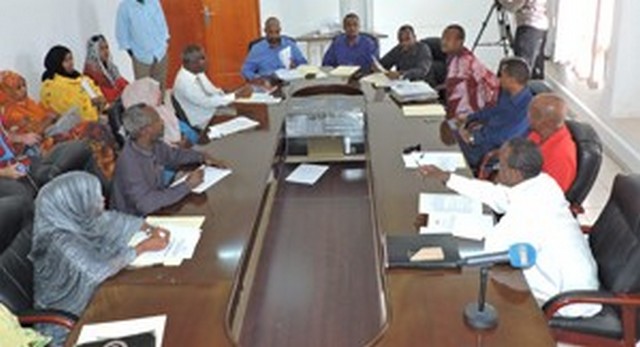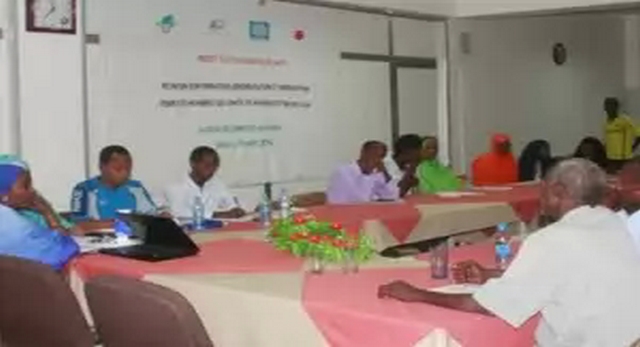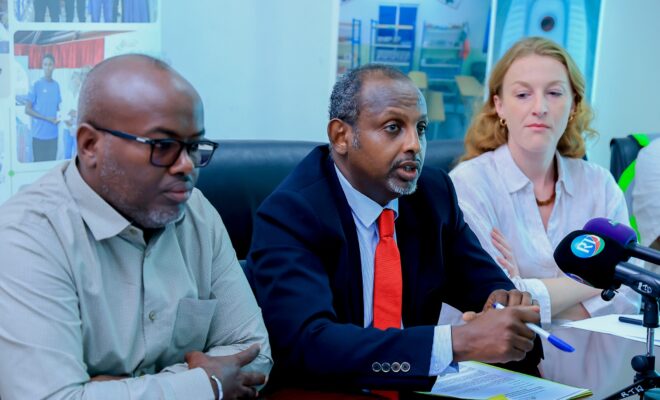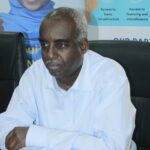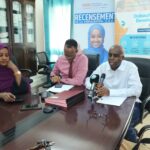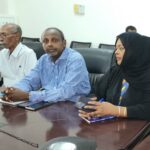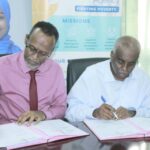Alongside urban planning training workshop and regional planning, the trainers gave us their views and some explanations on the technical aspects and the ins and outs of this training. Anthology.
The Nation: François Laurent you’re planner and president of Urbaplan. Can you tell us what is special about this training?
Francis Lawrence: This course includes 25 executives from very different backgrounds: Ministry of urbanization, Department for Transport, Local Government, ADDS, managers of urban services and civil society. Through these seven days of training, actors working very silos have become used to exchange and compare their points of view and dialogue. It is a great strength, because I am convinced that at the end of this training, participants will know better, share greatest professional complicity and form a community of destiny. It also has the merit to demonstrate, through concrete examples, that urban planning issues are very closely related to those of urban mobility. By visiting the achievements made in Balbala on AFD funding, it was possible to compare theoretical recommendations to ground realities.
Do you think this training will be useful for participants?
This training gave ambition to blur some of the participants who lived certainty. It replaced these certainties by way of reasoning, identify and analyze urban issues, and then ask priorities. Today, meet the challenges of the future is to provide answers to the needs of the majority of citizens, ie the least advantaged. This requires simple and scalable solutions as access to serviced plots within frames, not access to key housing-ready (whose ambition Authorities do not have the financial means). Furthermore, the organizer of this event, the CEFEB (corporate university of AFD based in Marseille), still seeks to articulate theoretical contributions with practical cases. For example, participants were able to exchange with former Director General of the ARRU, Tunisian parastatal structure that intervenes in decades in restructuring shantytowns. They were able to hear the teachings of a professional who found himself in the same situation, namely confronted with the urgency imposed by the policies, the resources modesty and incivility of certain fringe population. These exchanges are very rewarding and have a much stronger than simple theoretical input range.
What do you think are the challenges facing the authorities in urban planning?
The town of Djibouti is a pivotal moment. This is to maximize its potential while minimizing its objective constraints. Strong decisions must be taken immediately not to prétériter the future living conditions of urban residents in the capital. For example, it is imperative to find ways to prevent the formation of new informal settlements, particularly in bringing to market an offering of roughly serviced plots aimed at the most disadvantaged. In terms of mobility, travel flows to be managed in twenty years will probably be four times higher than today. It is therefore imperative to put themselves in anticipation rather than limited to remedial actions.
What would you address operational recommendations to the Djiboutian authorities?
It is essential that the authorities are part of the duration. The challenges are enormous and will not be resolved overnight. They must go beyond the “logical projects” and develop real policies, credible and prioritized in time. They must therefore admit that the time for technical work (realization of studies and works) can marry emergencies of everyday political life. They must get high and set caps on the medium term.
What are the operational recommendations that you may address to the participants?
The sum of individual interests is not the collective interest. Each player in the city, its specific level, must have the ambition to serve the general interest. Now, I hope that our twenty-five participants will be more aware of this moral obligation.
Urban Planning: What the experts think
About

The Djibouti Social Development Agency, a public administrative establishment, resulting from the merger of the former Djibouti Agency for the Execution of Public Interest Works (ADETIP) and the former Social Development Fund (FSD) project.
- Agence Djiboutienne de Développement Social
- Avenue Mohamed DJAMA ELABEH Plateau du serpent
- BP:4298 Djibouti
- République de Djibouti
- Tel: +253 35 86 55/ +253 35 82 82
- E mail: direction@adds.dj
- Site Web: www.adds.dj
Our contact details via Google Map
© Agence Djiboutienne de Développement Social - 2026. Tous droits réservés

